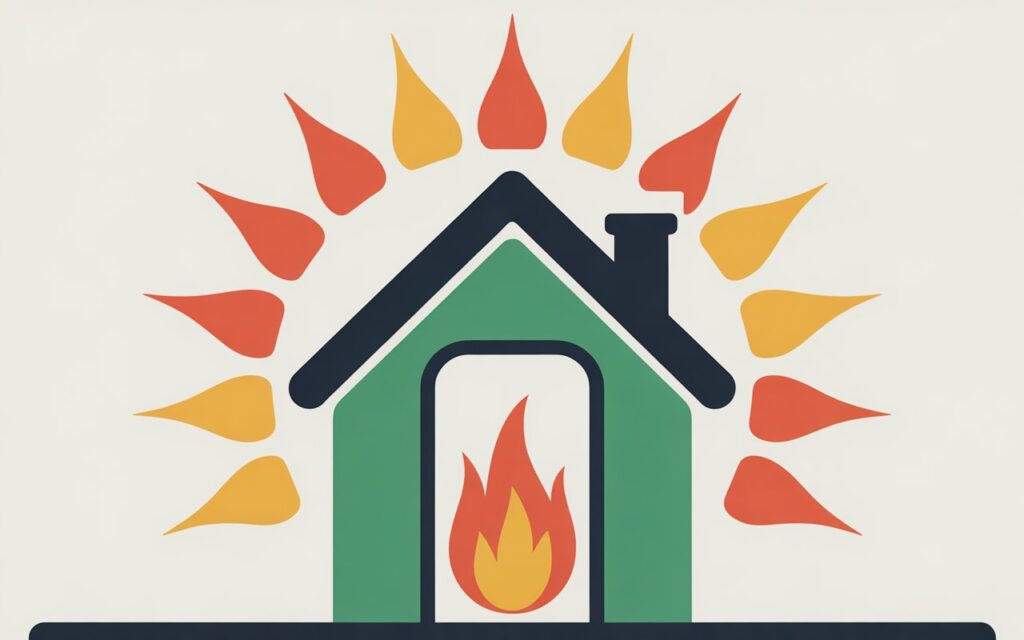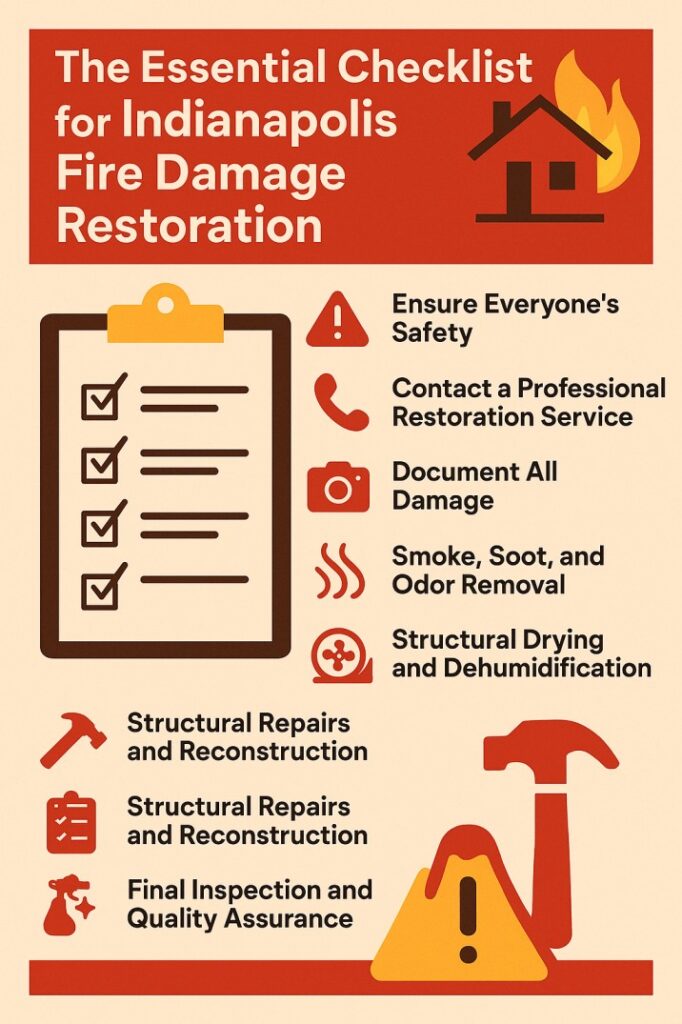Blocked toilets are not only an inconvenience but can also lead to costly repairs and water damage if left unaddressed. For homeowners in West Sussex, maintaining an efficient and reliable plumbing system is crucial to ensure a comfortable and stress-free home environment. By implementing best plumbing practices, you can prevent blockages before they occur, saving time, money, and frustration. In this comprehensive guide, we will explore the most effective strategies and habits that can help you keep your plumbing system in top condition and prevent those unwanted clogs.
Understanding the Causes of Blocked Toilets
Before delving into preventive measures, it’s important to understand what typically causes toilet blockages. A blocked toilet can be the result of several factors:
- Excessive Toilet Paper Use: Even though toilet paper is designed to dissolve, using too much can overwhelm the drainage system. This is especially true for older homes with narrower or aging pipes.
- Flushing Non-Flushable Items: Many items such as wet wipes, sanitary products, cotton pads, and paper towels do not break down like toilet paper. Over time, these materials can accumulate in the pipes and cause blockages.
- Debris Build-Up: Grease, soap scum, and organic material can gradually accumulate inside your pipes. This buildup narrows the passage and makes it easier for waste and toilet paper to get trapped.
- Aging or Damaged Plumbing: Over time, pipes can corrode, crack, or become misaligned. This not only reduces the efficiency of water flow but also creates an environment where blockages are more likely to occur.
- Tree Root Intrusion: In older homes, tree roots can infiltrate the plumbing system through small cracks and gaps, causing blockages that are difficult to clear.
By identifying these causes, you can better understand how proper maintenance and careful usage can significantly reduce the risk of clogs.
Adopting Proper Usage Habits
One of the simplest yet most effective ways to prevent blocked toilets is to adjust daily usage habits. A few mindful practices can make a big difference:
Be Mindful of What You Flush
A common mistake is flushing items that should not be flushed. Only flush toilet paper and human waste. Educate your family members—especially children—on the importance of proper disposal. Keep items such as wet wipes, cotton swabs, and sanitary products in a waste bin rather than the toilet. This simple habit prevents non-dissolvable items from accumulating in the pipes and causing blockages.
Use Toilet Paper Moderately
Even the best-quality toilet paper can cause issues if used in excess. Encourage everyone in the household to use a moderate amount. If you often find yourself flushing multiple times to clear the bowl, consider using a thinner or more dissolvable type of toilet paper that eases the load on your plumbing system.
Regularly Monitor and Respond to Early Warning Signs
Pay attention to signs of slow drainage or gurgling sounds when flushing. These can be early indicators of a developing clog. Addressing these issues promptly—by using a plunger or running a cleaning solution—can prevent minor clogs from turning into major blockages.
Routine Maintenance Practices
Routine maintenance is the backbone of a healthy plumbing system. Regular cleaning and inspections help prevent the buildup of debris and prolong the lifespan of your pipes.
Schedule Regular Drain Cleaning
Over time, natural build-up of grease, soap scum, and organic material can narrow your pipes and lead to blockages. Regular drain cleaning helps remove these deposits before they accumulate to problematic levels. You can use simple home remedies such as:
- Baking Soda and Vinegar: Pour one cup of baking soda into your toilet or drain, followed by one cup of white vinegar. Allow the mixture to sit for 15 to 30 minutes while it fizzes, then flush with hot water to clear the debris.
- Enzyme-Based Cleaners: These cleaners use natural enzymes to break down organic waste. They are gentle on your plumbing system and an eco-friendly alternative to harsh chemical cleaners.
Invest in Annual Plumbing Inspections
For older homes, especially in areas like West Sussex, annual plumbing inspections are crucial. A professional plumber can check for early signs of issues such as corrosion, pipe misalignment, or tree root intrusion. Modern tools like drain cameras allow for a thorough inspection of the interior of your pipes without invasive procedures. Early detection means that you can address small issues before they escalate into costly repairs.
Clean and Replace Drain Filters
Installing drain filters in your toilets, sinks, and showers is a simple and effective way to prevent clogs. These filters catch hair, food particles, and other debris before they enter your pipes. However, it’s important to clean these filters regularly. A clogged filter can be as problematic as a blocked drain, so maintaining them is key to keeping your plumbing system clear.
Upgrading and Protecting Your Plumbing System
Sometimes, the best way to prevent blocked toilets is to invest in upgrading or protecting your plumbing system, especially if your home is older.
Upgrade Aging Pipes
Older plumbing systems are more susceptible to blockages due to wear and tear. Pipes made from outdated materials such as clay or cast iron are more likely to corrode or become clogged over time. Upgrading to modern materials like PVC or copper can improve water flow and reduce the likelihood of clogs. Although this requires an initial investment, the long-term benefits in reduced maintenance costs and improved efficiency can be significant.
Install Root Barriers
For homes with mature trees nearby, tree root intrusion can be a major cause of blockages. Installing root barriers can prevent tree roots from reaching your pipes. These barriers are designed to stop roots from infiltrating the plumbing system, protecting your pipes from the damage that often leads to blockages.
Use Professional-Grade Drain Cleaning Tools
In some cases, it might be beneficial to invest in professional-grade drain cleaning tools for ongoing maintenance. While most homeowners can rely on basic plungers and drain snakes, high-quality equipment can provide a deeper clean and ensure your pipes remain in optimal condition.
Balancing DIY Maintenance and Professional Assistance
While many maintenance tasks can be handled by homeowners, there are situations where professional assistance is necessary. Understanding when to call a plumber can prevent minor issues from becoming major disasters.
Recognize the Limits of DIY
DIY methods such as plunging or using a toilet auger are effective for minor clogs. However, if you notice that your toilet frequently becomes blocked or if the blockage persists despite your efforts, it might indicate a deeper problem in your plumbing system. Issues like tree root intrusion or significant pipe corrosion require professional diagnosis and repair. In such cases, calling a plumber early can save you money and prevent further damage.
When to Call a Professional
- Persistent Blockages: If the toilet remains clogged after several attempts with DIY methods.
- Multiple Fixtures Affected: Slow drainage or blockages in other fixtures such as sinks or showers may indicate a problem with the main sewer line.
- Signs of Water Damage: Leaks, damp spots, or mold growth are clear indicators that there is a serious issue in your plumbing system that needs professional attention.
- Recurring Problems: Frequent clogs despite regular cleaning and maintenance suggest an underlying issue that a professional can help diagnose and resolve.
The Benefits of a Proactive Plumbing Strategy
Adopting best plumbing practices not only prevents blocked toilets but also has several long-term benefits:
- Cost Savings: Regular maintenance and early intervention prevent expensive emergency repairs.
- Enhanced Efficiency: A clean and well-maintained plumbing system improves water flow, reducing water bills and improving overall performance.
- Increased Home Value: A well-functioning plumbing system is a strong selling point and can increase the value of your home.
- Peace of Mind: Knowing your plumbing system is in optimal condition reduces stress and allows you to enjoy your home without unexpected disruptions.
Real-Life Success Stories
Many homeowners in West Sussex have experienced significant benefits from implementing proactive plumbing practices. For instance, one homeowner who scheduled annual inspections discovered minor corrosion in an old section of pipe. With prompt repairs and regular drain cleaning, the issue was resolved before it led to a major blockage, saving the homeowner hundreds of pounds in potential emergency repairs.
Another case involved tree root intrusion in an older home. After installing a root barrier and scheduling routine drain cleaning, the homeowner reported a marked decrease in clogs, ensuring that the toilet functioned reliably even during heavy use.
Conclusion
Preventing blocked toilets in West Sussex requires a proactive, multifaceted approach. Understanding the root causes—whether it’s excessive toilet paper, non-flushable items, debris build-up, or tree root intrusion—is the first step in effectively maintaining your plumbing system. By adopting mindful usage habits, scheduling regular drain cleaning, and investing in periodic professional inspections, you can keep your plumbing in top condition and avoid the inconvenience and expense of clogs.
Upgrading aging pipes, installing drain filters, and using professional-grade tools further enhance the resilience of your plumbing system. Balancing DIY efforts with professional support ensures that minor issues are resolved quickly, and deeper problems are diagnosed and repaired before they escalate into disasters.
The benefits of a proactive maintenance strategy extend beyond just preventing blockages. They save you money, improve the efficiency of your plumbing, increase your home’s value, and provide the peace of mind that comes with knowing your plumbing system is well-cared for.
By following these best practices, you can ensure that your home remains free from Blocked Toilets West Sussex and enjoy a smoothly running plumbing system for years to come. A comprehensive maintenance plan is not just a short-term fix—it is an investment in the long-term health and efficiency of your home’s plumbing, keeping your daily routine uninterrupted and your household comfortable.









